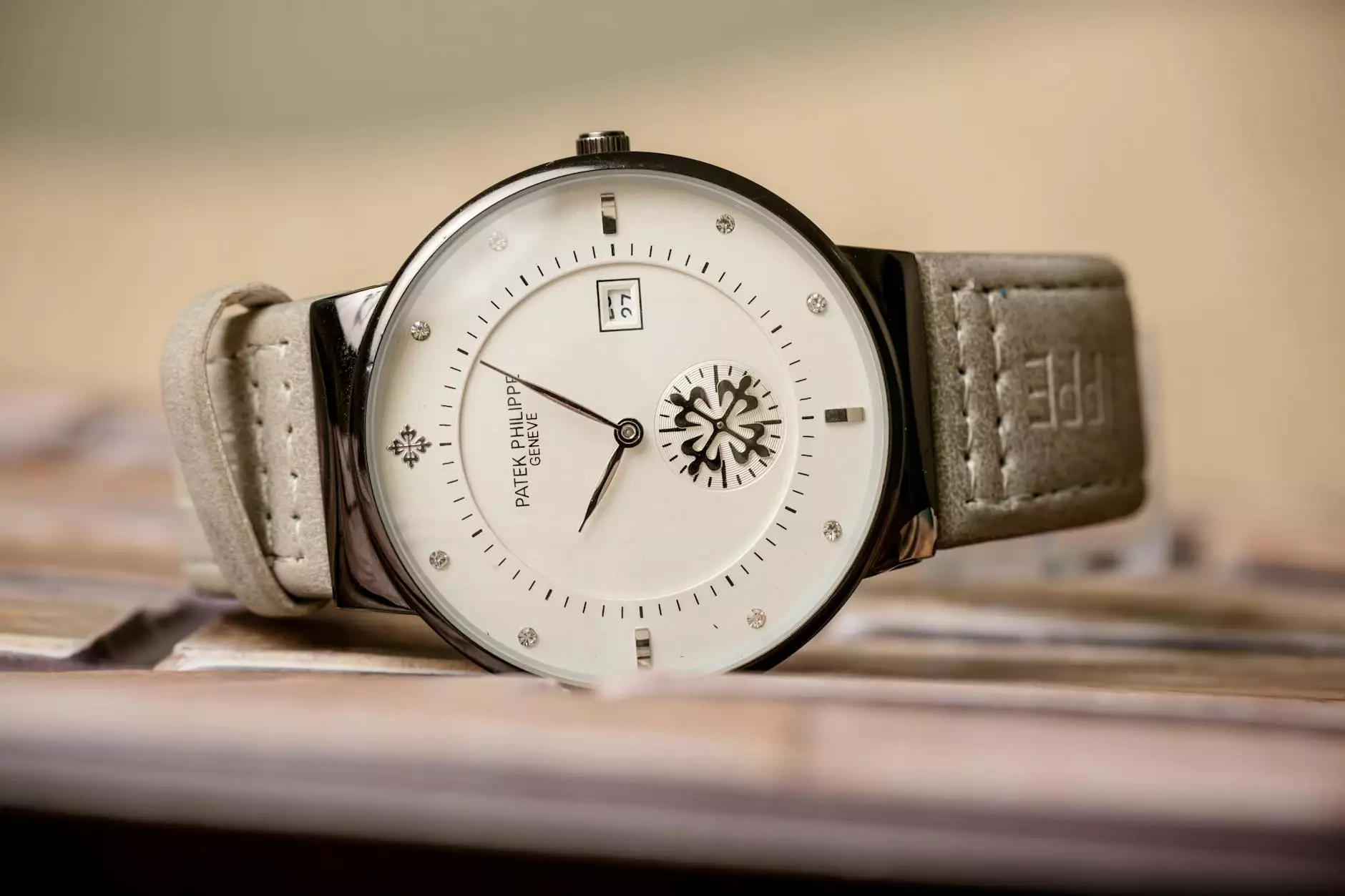Kotlin vs Flutter Performance Comparison

When it comes to choosing the right technology for your business, performance is a key factor to consider. In the world of mobile app development, two popular frameworks stand out: Kotlin and Flutter. Let's delve into a detailed comparison of their performance to help you make an informed decision for your mobile app development needs.
Understanding Kotlin for Business Applications
Kotlin is a statically typed programming language that runs on the Java Virtual Machine (JVM). It is known for its concise syntax, interoperability with Java, and strong null-safety features. For businesses in the Restaurants, Asian Fusion, and Local Flavor categories, Kotlin offers a reliable platform for developing high-performance mobile apps.
One of the key advantages of using Kotlin for business applications is its seamless integration with existing Java codebases. This makes it easier for businesses to transition to Kotlin without a major overhaul of their existing infrastructure. Furthermore, Kotlin's type inference capabilities and enhanced data classes enable developers to write clean and efficient code, thereby improving overall app performance.
Exploring Flutter's Performance Metrics
Flutter, on the other hand, is a cross-platform mobile app development framework created by Google. It uses a single codebase to build applications for both Android and iOS platforms, offering businesses a cost-effective solution for reaching a wider audience. In the competitive landscape of Restaurants, Asian Fusion, and Local Flavor businesses, Flutter's performance metrics play a crucial role in driving user engagement and retention.
Flutter's performance is benchmarked by its high rendering speeds and customizable widgets, which result in smooth and responsive user interfaces. The framework's hot reload feature allows developers to instantly view changes in real-time, facilitating quicker iterations and prototyping. For businesses looking to create visually appealing and interactive mobile apps, Flutter's performance capabilities are a major attraction.
Comparing Performance: Kotlin vs Flutter
When evaluating the performance of Kotlin and Flutter for business applications, several factors come into play. While Kotlin excels in terms of code conciseness and compatibility with Java, Flutter stands out for its rapid development workflow and native-like performance on both Android and iOS platforms.
In terms of speed and efficiency, Kotlin's compilation process is optimized for performance, resulting in faster app startup times and reduced memory consumption. Flutter, on the other hand, leverages its Skia graphics engine to render UI elements efficiently, leading to smooth animations and transitions.
Key Performance Considerations for Businesses:
- UI Responsiveness: Flutter's widgets offer a high level of customization, enhancing the user experience.
- Development Speed: Kotlin's interoperability with Java accelerates development cycles for businesses.
- App Size and Performance: Flutter's compiled code size is smaller, reducing the app's footprint on devices.
Conclusion
In conclusion, choosing between Kotlin and Flutter for business app development depends on the specific requirements and goals of your business. For Restaurants, Asian Fusion, and Local Flavor businesses seeking a balance between performance, speed, and cost-effectiveness, Flutter may be the preferred choice. However, for businesses already invested in Java-based technologies and looking for seamless integration, Kotlin offers a robust solution for mobile app development.
Ultimately, the performance comparison between Kotlin and Flutter underscores the importance of aligning technology choices with your business objectives to achieve optimal results in the competitive digital landscape.
kotlin vs flutter performance








